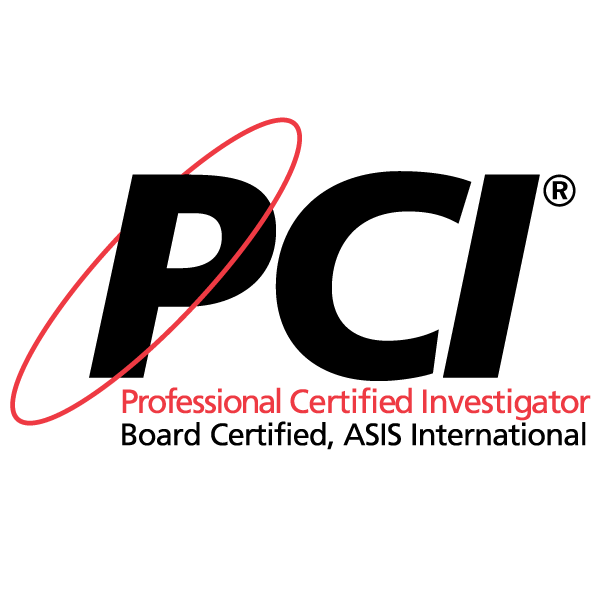Welcome to your comprehensive guide on achieving the Professional Certified Investigator (PCI) certification. In this overview, we’ll delve into the who, what, when, where, why, and how of pursuing this esteemed credential offered by ASIS International.

1. Understanding the PCI Certification
What is the PCI Certification?
The Professional Certified Investigator (PCI) certification is globally recognized as a symbol of expertise and professionalism in investigations. It’s tailored for individuals demonstrating proficiency in conducting and managing investigations across various domains.
Why Pursue the PCI Certification?
- Global Recognition: The PCI certification is respected worldwide, offering a competitive edge in the job market.
- Enhanced Skills: Pursuing PCI refines investigative skills, updates best practices, and expands knowledge in evidence collection, case management, and legal procedures.
- Career Advancement: PCI opens doors to higher-level investigative roles, leadership positions, and increased earning potential.
- Professional Credibility: PCI validates expertise and ethical standards, inspiring confidence in clients, employers, and peers.
2. Eligibility and Prerequisites
Who Can Pursue the PCI Certification?
- Individuals with at least five years of investigations experience, including two years in case management, are eligible.
- Candidates must showcase expertise in investigations, evidence management, witness interviews, and report preparation.
Prerequisites
- Meeting experience requirements and passing a rigorous examination are prerequisites.
3. PCI Exam Structure and Preparation
When to Prepare for the PCI Exam?
- Plan exam preparation based on experience and familiarity with investigative concepts.
- Review the PCI exam content outline provided by ASIS International for focused study.
Where to Obtain PCI Certification?
- PCI exams are administered worldwide by ASIS International at authorized testing centers.
How to Prepare for the PCI Exam?
- ASIS International offers study resources, including review courses, practice exams, and online learning modules.
- Candidates can also self-study using textbooks, reference materials, and online resources.
4. Navigating the PCI Exam
What Does the PCI Exam Entail?
- The PCI certification exam consists of multiple-choice questions assessing knowledge in investigative principles, practices, and procedures.
- Topics include investigative planning, evidence collection, witness interviews, surveillance techniques, report writing, and legal and ethical considerations.
5. Exam Strategies and Tips
How to Approach the PCI Exam?
- Develop a personalized study plan and utilize various study materials.
- Practice time management, reading questions carefully, and prioritizing based on difficulty.
6. Post-Exam Certification Process
What Happens After Completing the PCI Exam?
- Upon passing, candidates receive the Professional Certified Investigator (PCI) certification from ASIS International.
- PCI-certified professionals gain access to networking opportunities, professional development resources, and ongoing support.
7. Advancing Your Career with the PCI Certification
Where Can PCI-Certified Professionals Work?
- PCI-certified professionals qualify for investigative roles across industries like corporate security, law enforcement, and insurance.
- Career paths may include corporate investigator, fraud investigator, compliance officer, or security consultant.
Career Opportunities for PCI-Certified Individuals
- PCI certification opens doors to career advancement, increased responsibilities, and leadership roles.
- Continued professional development and involvement in industry associations further enhance career prospects.
Conclusion
In conclusion, the Professional Certified Investigator (PCI) certification is a prestigious credential representing excellence in investigations. With dedication and ongoing professional development, PCI-certified professionals can advance their careers and make significant contributions to the security and protection of individuals, organizations, and communities.